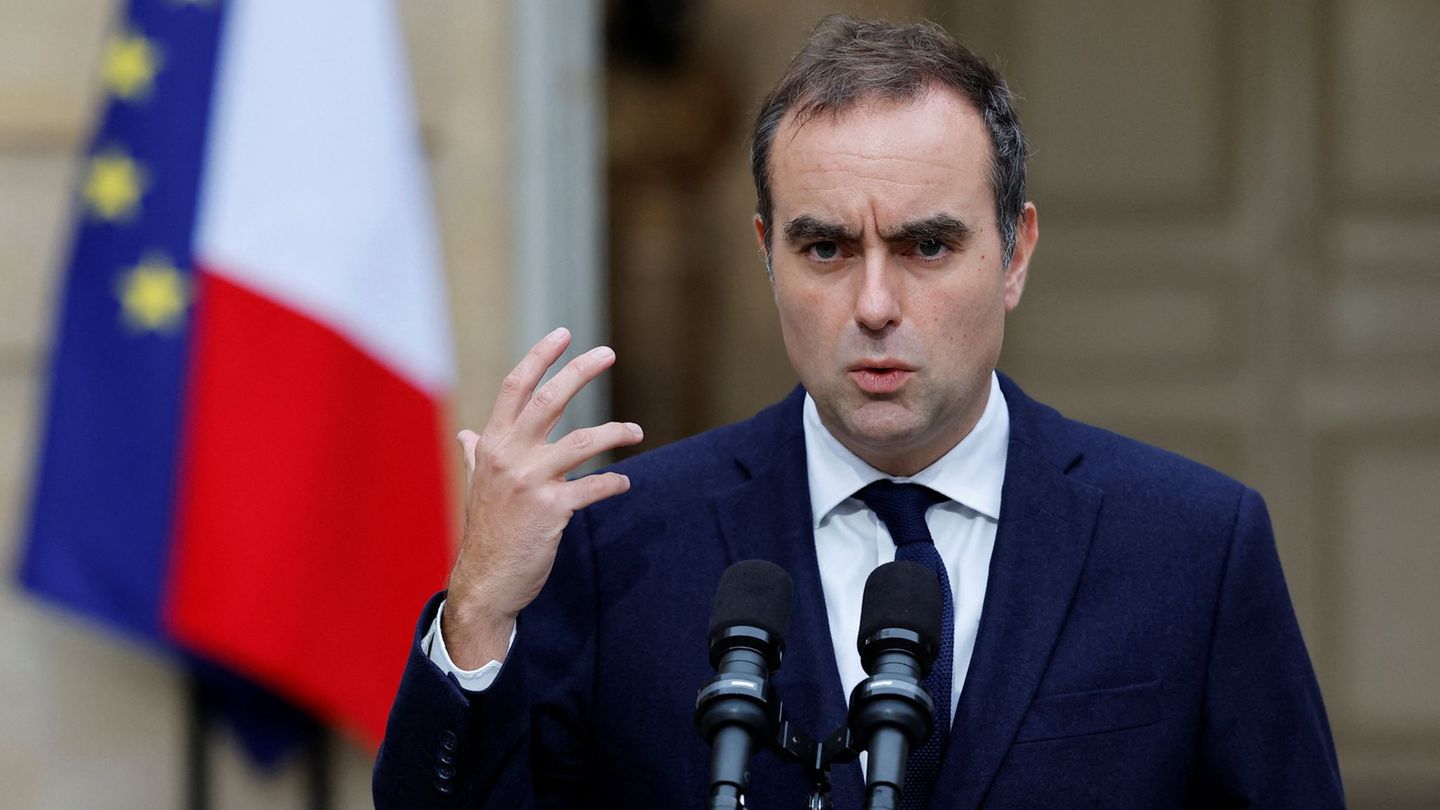Prime Minister Dritan Abazovic only took office in April, and his government has now been overthrown by parliament. The reason is a controversial agreement with the Serbian Orthodox Church.
In the NATO country of Montenegro, the parliament overthrew the government of Prime Minister Dritan Abazovic, who had been in office for only three and a half months. 50 out of 81 deputies voted in favor on the initiative of President Milo Djukanovic’s DPS party and four other parliamentary groups. The eco-liberal Abazovic had angered the head of state a good two weeks earlier because he had signed a controversial contract with the Serbian Orthodox Church. For the time being, Abazovic is likely to continue to govern on an interim basis until a decision is made about his successor.
The 36-year-old Abazovic only took office on April 28, after the predominantly pro-Serbian previous government had been overthrown in parliament. Like Djukanovic, Abazovic is considered pro-Western. He had led a minority government, with a motley coalition that included his URA party, Greens, Social Democrats, ethnic Albanian and Bosniak parties, and a pro-Serb party.
Controversial special rights for the Serbian Orthodox Church
The church contract is considered controversial because it grants the Serbian-controlled Orthodox Church special rights. Their leadership has never really come to terms with the state independence of Montenegro. The former Yugoslav republic became independent in 2006 – at that time in agreement with the Serbian state. Today the government in Belgrade is trying to regain more influence in the NATO country of Montenegro through the church and local pro-Serbian parties and organizations.
Three days earlier, tensions between Abazovic and parliament had also meant that the election of members for a politically independent judiciary council in the parliament failed. The EU Commission had called for this step several times. The small Adriatic country has been a member of NATO since 2017 and is aiming to join the EU.
Source: Stern
David William is a talented author who has made a name for himself in the world of writing. He is a professional author who writes on a wide range of topics, from general interest to opinion news. David is currently working as a writer at 24 hours worlds where he brings his unique perspective and in-depth research to his articles, making them both informative and engaging.




